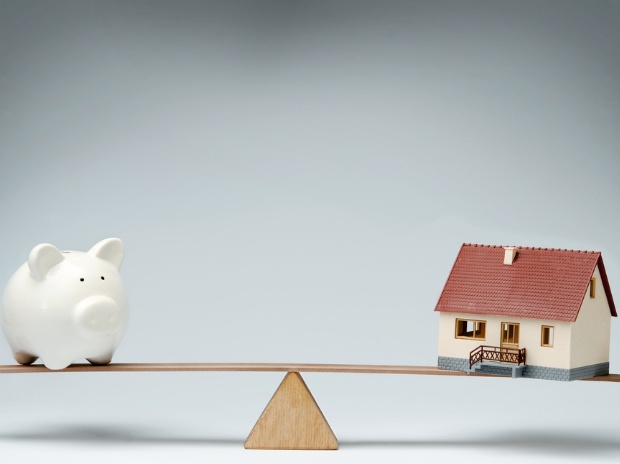How much do I need for a home loan?
Go back about 10 years and the majority of housing lenders would willingly give borrowers 100% of the loan to purchase a property. In some instances, they would lend up to 105% of the loan to valuation (LVR).
Times have changed today. Banks and mortgage broker companies have tightened their lending policies. The loan to valuation is not as generous as it used to be and certain stipulations have been put in place that borrowers need to meet.
Having said that here is a guide to what banks are willing to give and the deposit you will need when buying a home.

Banks and Non-Bank Lenders
The four major banks Westpac, CommBank, ANZ and NAB will typically lend up to 95% of the value of the home. However, this is predicated on the borrower having employment, current savings and minimal debt. Of course, the amount of the loan will influence any lender on how much they can lend. The loan amount will also strongly influence the lender’s decision. To give yourself an approximate on home much you can borrow using a Home loan deposit calculator.
The non-banking lending sector also offers borrowers up to 95% of the property’s value. In addition to this, an extra 2% can be included to cover lenders mortgage insurance (LMI) capitalisation. In other words, the borrower can get a loan to 95% of the property and then add the cost of the LMI to the loan.
Let’s say the value of the property is at $500,000. The lender agrees to loan 95% or $475,000. You will need a $25,000 cash deposit. Now you have to add the cost of the lender’s mortgage insurance of 2% or $10,000. Now your loan amount is $485,00 or 97%.
What you need to qualify for a low-deposit home loan
1. Proven income history
Being able to service your loan is how lenders will determine your risk factor. Lenders also consider your ability to pay the mortgage should you lose your source of income or should your income reduce. If you are self-employed or earn your primary income from investments, you may be seen as a higher risk to a lender.
2. Savings Deposit
You will generally need to prove that you have saved 5% of the purchase price.
3. Clean credit history
You need to have a clear credit history over the past six months. All your bills should be paid on time without exception. This includes credit card repayments, rent, telephone and so on. Lenders can obtain credit history to see if you have applied for bankruptcy in the past or have had foreclosures.
4. Minimal debts
If you have a credit card then put the credit limit to the lowest possible amount. Lenders will include the credit limit as a debt. Let’s say you have a credit card with a credit limit of $5000 and you owe $2200 on the card. This will be seen as a $7200 debt by lenders. As a rule, people who have more than 7% of the property purchase price in unsecured debts such as personal loans and credit cards will struggle for approval.
5. Stable employment
It helps significantly if you have a strong employment history. And if you have been in your current job for at least six months. Your current income will also be a determinant of what you can borrow. Naturally, the more you earn will be evidence you can repay your home loan.
6. Your assets
Lenders will take into account any saleable assets the borrower has. These assets may need to be valued. Sometimes an asset is not worth what you think it is. Ideally, an independent registered valuer can put a price on the asset.
7. Age
Of course, lenders will take into account the age of the borrower. However, the main criteria will still be the amount of deposit the borrower has, their savings history and if there are any debts. What is the maximum age to obtain a home loan?

